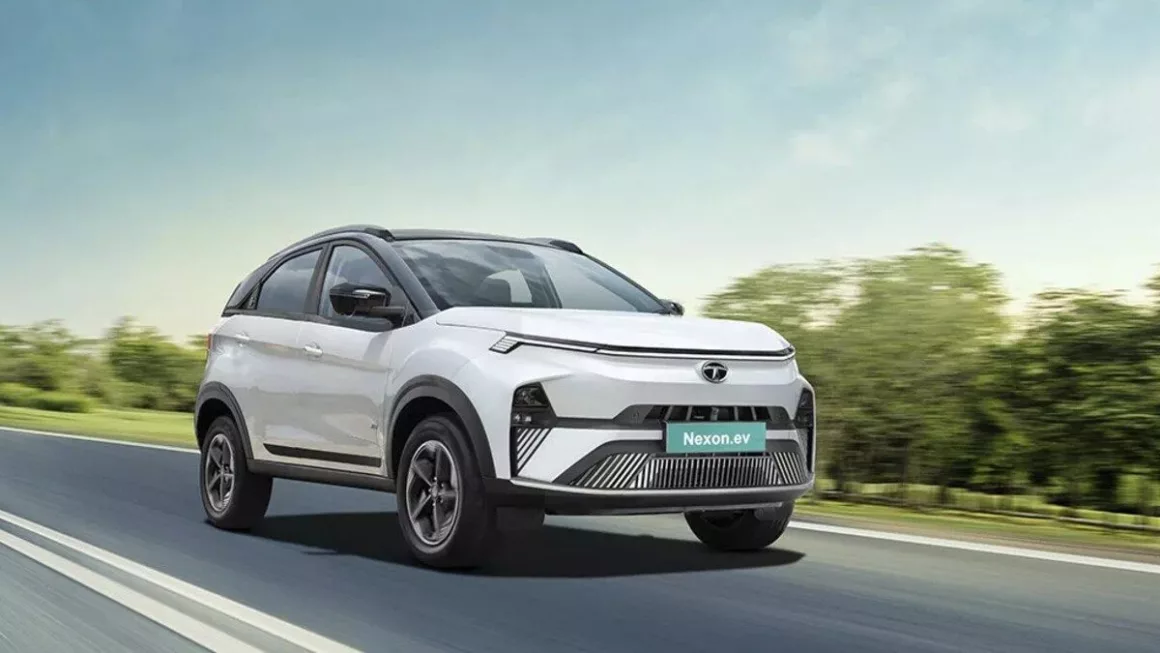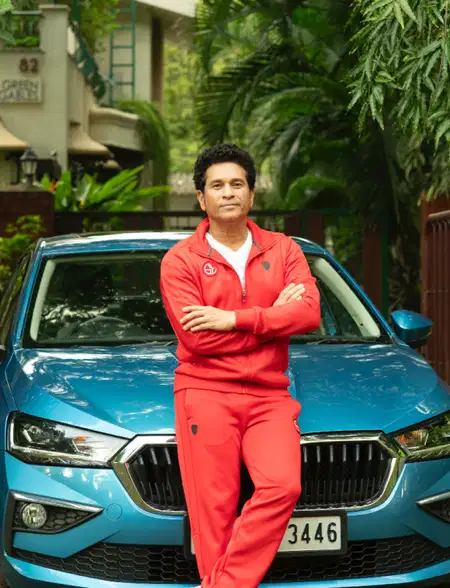We all want a better future, don’t we?
Cars have become a part and parcel of our modern lifestyles and as we move towards greater sustainability, the push towards EVs is clear as day. While the push towards EVs has its own driving factors, with the way things are going it seems that a number of countries will not have a single pure combustion engine car on their roads. All of this might seem bad news for ICE-powered cars, but can EVs completely replace them? This is where things get complicated especially if we do not analyse the situation accurately. Join us as we learn what the shift to EVs actually means and what can be their future.
Why did EVs rise to prominence?
Environmental reasons
As you know climate change is one huge alarming concern across the globe and voices all around the world are calling out for urgent action. Air pollution is a major culprit behind these changes and since cars with their tailpipe emissions amount to a substantial proportion of the air pollution, EVs with zero tailpipe emissions are becoming more and more appealing. Today, EVs are more in demand than ever and while this is not so apparent in the car space, you can easily make out the reality by the number of E-Rickshaws and electric scooters on the roads.
In addition to that, fossil fuels are a limited and non-renewable source of energy. So, in the interest of saving enough fossil fuels for future generations, electric-powered vehicles have emerged as alternatives to traditional fossil fuel-powered vehicles.
Financial Considerations
Who wouldn’t want to cut down their car’s running cost? The strongest force that is driving buyers to consider or buy EVs is their cheaper running cost as compared to the ICE cars. To give you a better perspective, a small petrol car’s running cost is Rs 7 to 8 per kilometre, whereas an electric car’s running cost is Rs 1 to 1.5 per kilometre. So, if you drive around 1,500 km in a month and your small petrol car delivers a mileage of Rs 12 km per litre, then your fuel expense will be about Rs 12,000 per month. Meanwhile, if you drive an EV, you will spend just around Rs 2,300 for the same distance in a month.
Problems associated with EVs
All the same, every solution especially if it’s technological comes with a set of conditions and trade-offs. So, if you are an EV fan or planning to buy one, it will be vital to apprise yourself of the problems associated with EVs.
Lack of infrastructure
When you take your ICE car out, you usually don’t worry much about the fuel available in their tanks, because you know that there are multiple petrol pumps on your way. But the same cannot be the case with EVs. With nearly 6,000 EV charging stations in a country as large as India, the charging infrastructure is far from being called adequate. Even these charging stations are quite scattered and most of them are in some northern and southern states, while eastern regions have a handful. Furthermore, on inter-city routes, there are almost negligible EV charging stations. All the same, there has been a positive movement in the past few years. The EV charging infrastructure is gradually expanding thanks to incentives from the government as well as the growing population of EVs across India. Both Tata and Hyundai have also started establishing their own EV charging facilities to support their electric cars.
Battery health and resale value
Have you ever used any gadget whose battery never depleted? When it comes to batteries, we all know that their potency reduces over time. While the same is true for everything else including ICE engines, the depletion of batteries is much faster than the metallic ICE engines that are built to last long. Many EV owners complain that they have seen a drastic reduction in the range of their cars within only three years of purchase. A key point here is that EV manufacturers offer a warranty of eight years/ 1.6 lakh kilometre and during the warranty period if the battery’s maximum capacity drops below a decided level which is generally 70 percent of the new one, the manufacturer replaces or repairs the unit for you.
Global outlook on EVs
As carmakers are ramping up the production of EVs, all around the world governments are putting in enormous efforts to accelerate EV adoption. Like most governments, the Indian government offers subsidies for EVs. Moreover, as per their current plan for EVs, from 2030 every car sold in India will be electric-powered. Meanwhile, the US government and the European Union are looking to completely phase out combustion engine cars as soon as possible. In addition to the governments, some auto-giants are revealing their solid intent in favour of EVs. Global titans such as Mercedes, Volkswagen, and Jaguar have promised to become all-electric brands by 2030, 2026, and 2025 respectively.
Such a paradigm shift is gradually trickling down to the mass-market carmakers as well. For example, Tata has promised ten all-electric cars by 2025, and the number one carmaker – Maruti Suzuki will enter the EV avenue next year whereas Kia, Hyundai, MG, and Mahindra are already there. Moreover, Mahindra plans to add eight electric cars to its portfolio by 2027 and had teased three of them a couple of years ago.
Once Maruti Suzuki enters the EV space, the EV adoption can grow at a rapid rate. It is because there is an invaluable trust that the masses have on Maruti Suzuki. Moreover, for a carmaker which is renowned to go all nine yards to popularise its cars, the Indo-Japanese auto-giant with its largest service network and can develop a spate of charging stations across the country.
Meanwhile, Rs. 20 – 50 lakh range seems to be the range where most people look for EVs and this is where Mahindra intends to place its upcoming EVs. Hyundai already has a contender here, Hyundai Ioniq 5 which is showing a lot of promise.
Future of EVs in India
‘Customer is king!’ Cliché as it sounds, unless buyers start preferring electric cars over combustion engine cars, there is not much that carmakers and governments can do. While the relatively higher upfront cost of EVs is the biggest deterrent to buyers, especially in the USA and European countries, Indian buyers also face a lack of EV infrastructure.
That being said, the growing adoption of electric vehicles across India, especially in Tier 2 cities, is a promising sign that confidence for electric vehicles is growing. The establishment of more infrastructure in the country will further contribute to buyer interest and address the major concerns of range anxiety that current car buyers have. With these in mind, EVs are fast becoming a relevant alternative to fuel-powered car and should coexist with ICE cars going forward.





